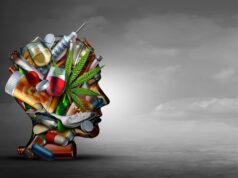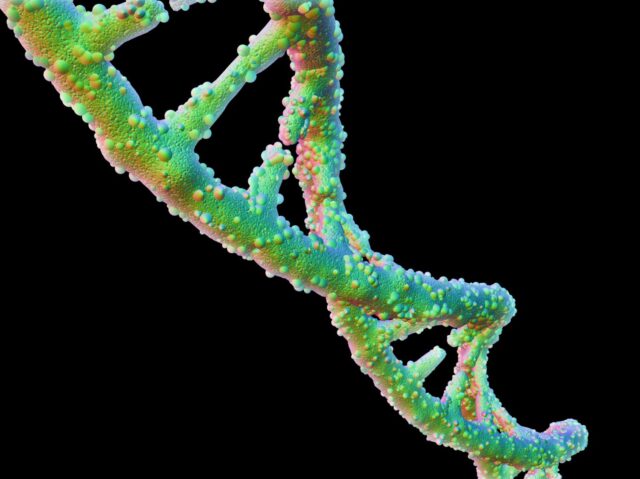
The last decade has witnessed numerous giant leaps in DNA as a powerful and invincible criminal justice tool. According to the U.S. Department of Justice, you may use DNA for identifying criminals with astonishing accuracy in the presence of biological evidence. We use DNA to exonerate people convicted or accused of crimes by mistake and to clear suspected people. DNA plays a pivotal role today, in ensuring fairness and accuracy in the overall U.S. criminal justice system.
Understanding the Role of DNA
In addition to criminal justice, DNA has also become an integral part of the medical industry. From direct-to-consumer genetic tests to personalized medicine, doctors use DNA for pinpointing a patient’s risk factors and developing tailored treatments. Moreover, with increasing awareness about the significant role of genetics in the diagnosis, treatment and prevention of diseases, more people are taking DNA tests for a better understanding of their health.
The development of new technologies has allowed us to use DNA for innumerable other purposes as well, ranging from personal identification to ancestry tracking. With the help of advanced techniques, it is possible to extract minute amounts of DNA from non-human sources and use it to answer various daily questions, such as determining paternity or studying plant diseases.
Different Uses of DNA in Our Day-to-Day Lives
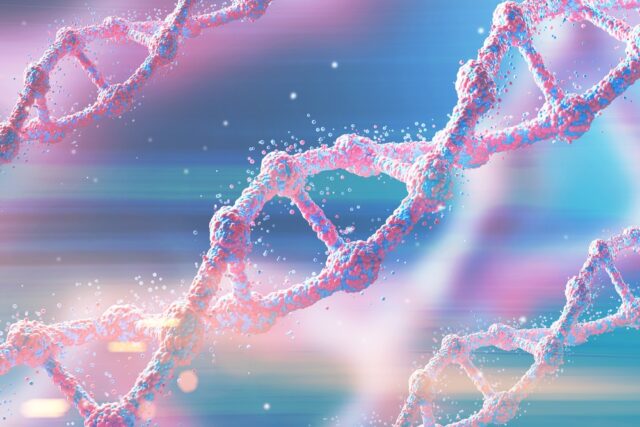
1. Medical Tests and Investigation
DNA extraction and analysis are critical to diagnosing several medical conditions, especially genetic conditions like Huntington’s disease, sickle cell disease, Down syndrome, cystic fibrosis, etc. It is vital in understanding if a person is a carrier of a mutated gene and could be a carrier of a genetic disorder.
2. Genetic Engineering and Experimentation
Genetic modification has already proven to have benefits when it comes to plants, and we are experimenting with the effects of genetic engineering on animals as well. DNA extraction allows for studying the structure of organisms at unforeseen levels. According to MyBioSource, we have already been able to extract and modify specific genes in plants to weed them out or get better yield or other desirable characteristics in future generations. From countering disease to full-scale cloning, the applications when it comes to animals, and perhaps even humans in the future, are unbelievably diverse and could hold the key to the next step in human civilization.
3. Developing Vaccines and Cures
DNA-based vaccines have also been a focus in the scientific community for several years now. Although they have not yet been cleared for use on humans, the promise is there for all to see, especially with recombinant DNA, which plays a role in the Hepatitis B vaccine. DNA in general, is likely to play a part in the development of several vaccines down the line.
4. Synthesizing Hormones
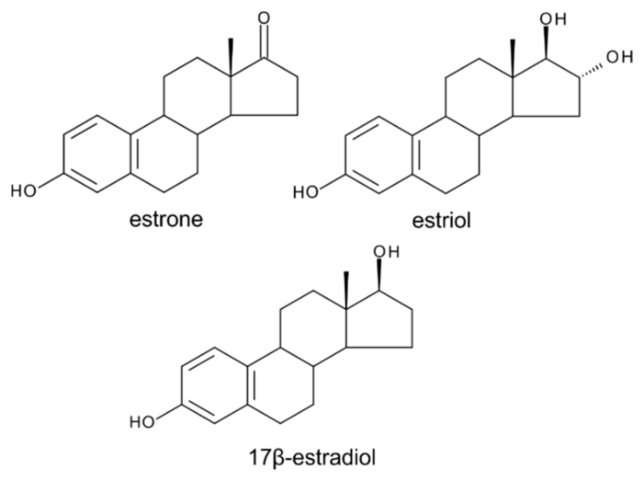
Hormones are natural chemicals used to regulate and stimulate various bodily functions. By extracting the core DNA that makes these hormones, we can identify the core proteins and use recombinant DNA to synthesize them artificially. Insulin, which is crucial for countering type I diabetes, can be produced at scale using recombinant DNA.
The human growth hormone secreted by the pituitary gland is crucial for several processes in the body. A DNA-based growth hormone formula could counteract renal carcinoma, growth issues, or other disorders like Turner’s syndrome. The hope is that eventually, the availability of these technologies will drive prices down and also cause an uptick in availability to the masses.
5. Forensics
DNA is an integral part of numerous criminal investigations. DNA extractions are possible from blood, skin, and hair samples. Forensic teams seek assistance from DNA to find out if a suspect is guilty of a crime. DNA may also come in handy in proving the innocence of someone wrongly accused or convicted of a specific crime. You may even know if the suspect was close to the murder or crime scene.
6. Personal Identification
DNA is the most reliable form of personal identification that exists today. This can be used to identify immigrants, criminals, victims of natural disasters and missing babies. Every person’s DNA makeup is unique and hence it gives definitive results with a very high accuracy rate. DNA extraction helps in quickly identifying individuals and solving many crimes due to its distinctive pattern.
7. Miscellaneous
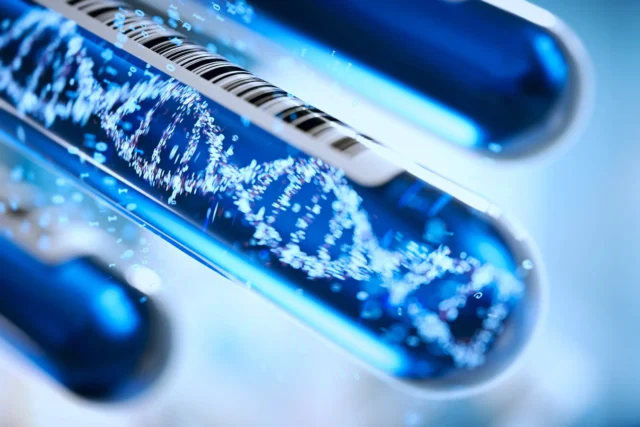
From determining paternity to studying plant diseases, DNA extraction and analysis can help answer many of our daily questions. Animals in need of rescue often have their entire genomes mapped out for the purpose of understanding various medical conditions or other health-related issues. From tracing family trees to uncovering ancient secrets, DNA has a role to play in everything from anthropology to zoology.
Overall, it is clear that DNA extraction has the potential to revolutionize many fields of science and medicine, and its impact on our lives will be felt for decades to come. From developing cures to personal identification, the future of DNA holds a myriad of possibilities that are only now beginning to be explored. With careful research and responsible handling, the coming years promise to be an exciting time for all of us.
In summary, DNA extraction is a powerful tool that can be used to solve many issues in our day-to-day lives. From medical diagnosis and genetic engineering, to synthesizing hormones, forensics, and personal identification — the possibilities are endless! With more advancements in technology, we can look forward to even greater applications of this tool in the near future. As science progresses, so do our understanding of how to use and benefit from DNA extraction!
Conclusion
DNA is a host of instructions necessary for living. Coding found within the DNA is effective in providing instructions on the way to make proteins for development, growth, overall well-being, & health. DNA can be put to numerous uses today and is hugely beneficial to us. It’s used to diagnose diseases, recover lost genes, and even identify missing people. It can also be used for forensics and personal identification. The possibilities of DNA are endless and its uses will only continue to expand in the future. Therefore, it is imperative that we use this technology responsibly to make sure that it benefits us all.



